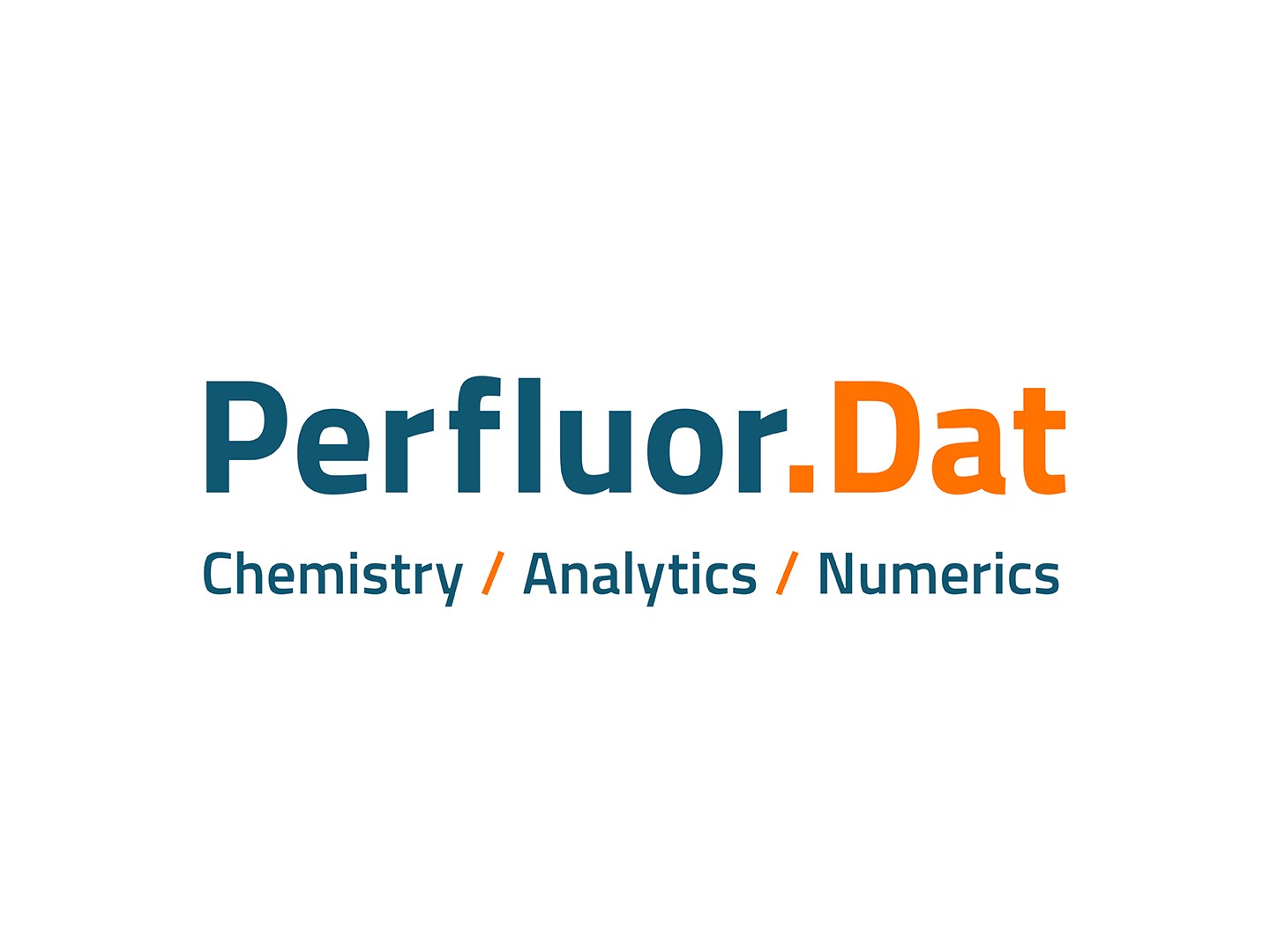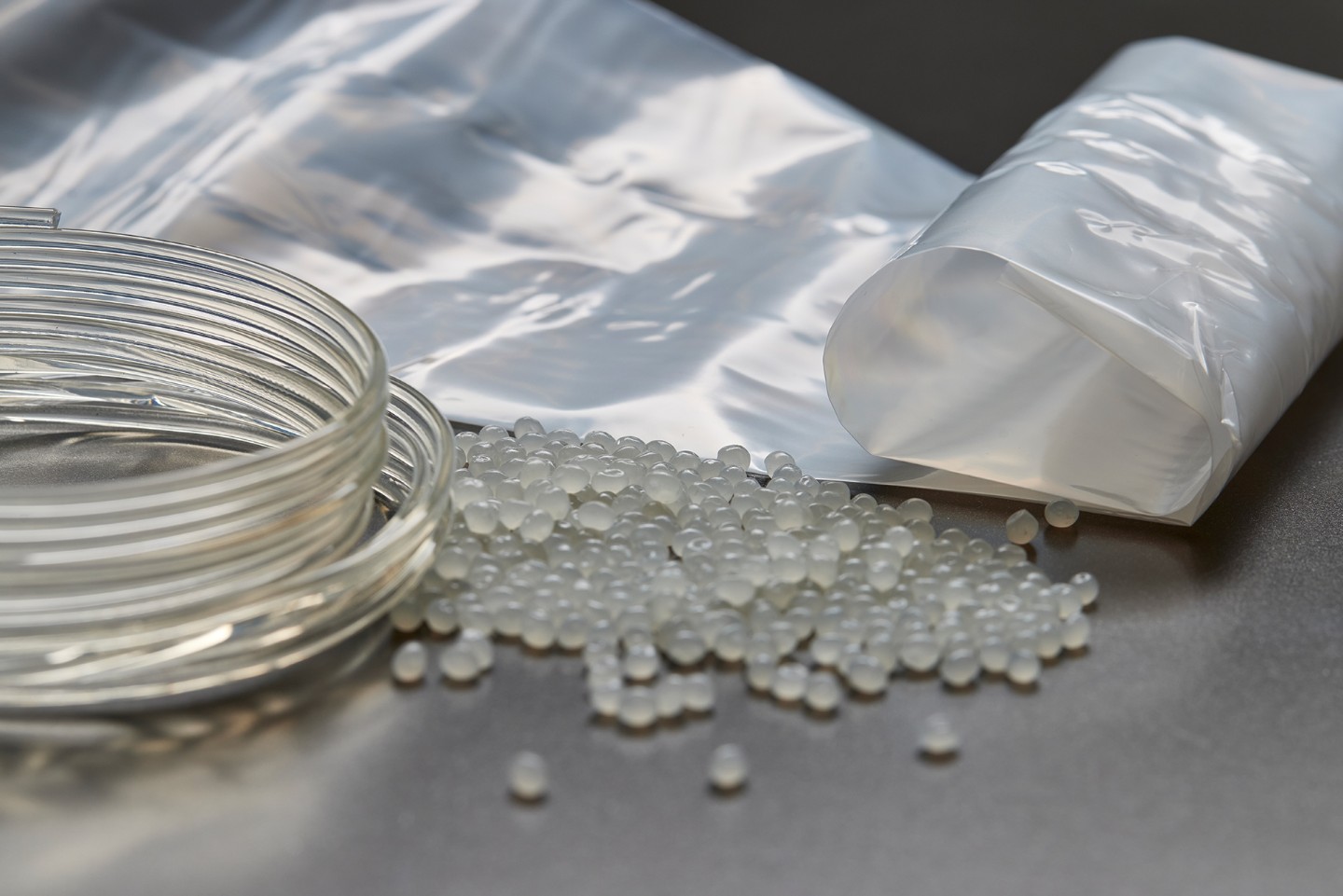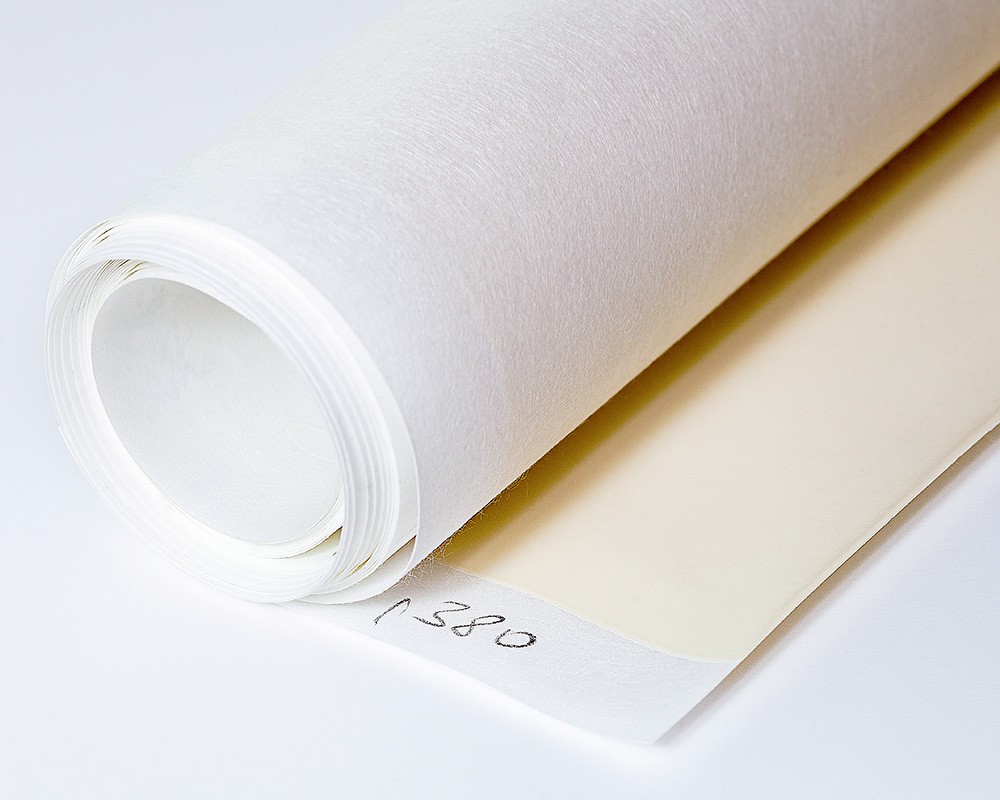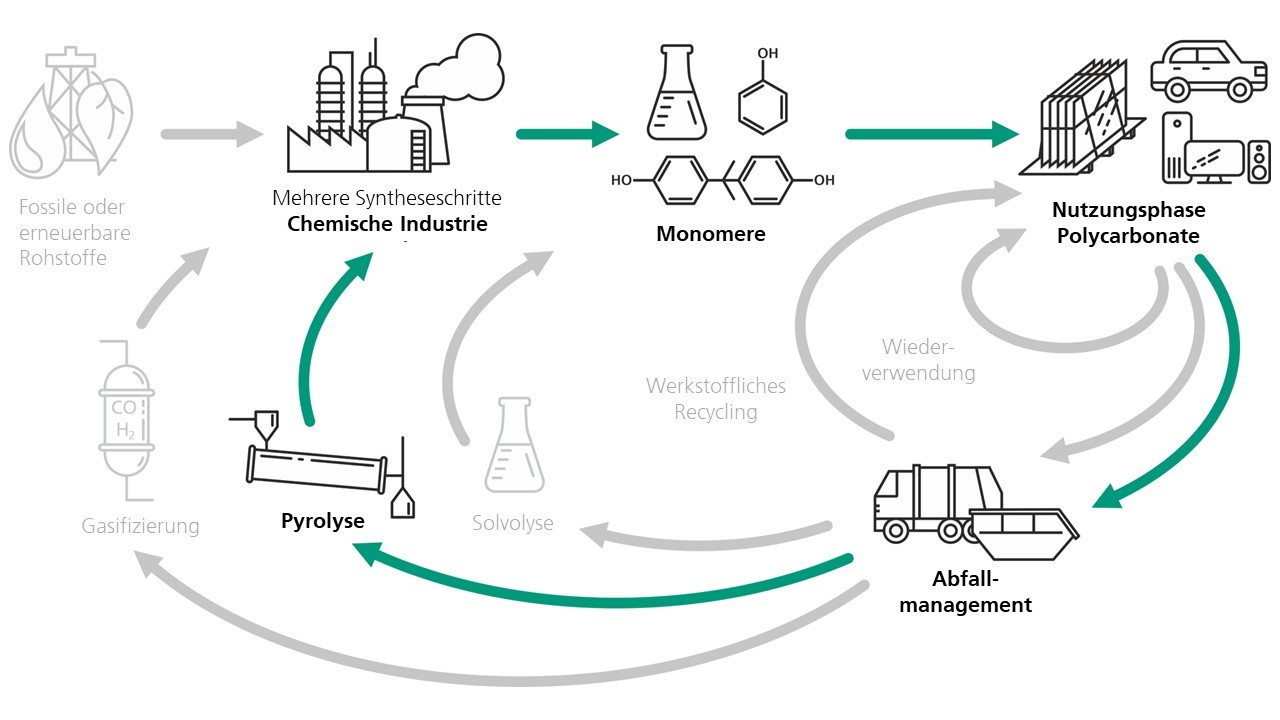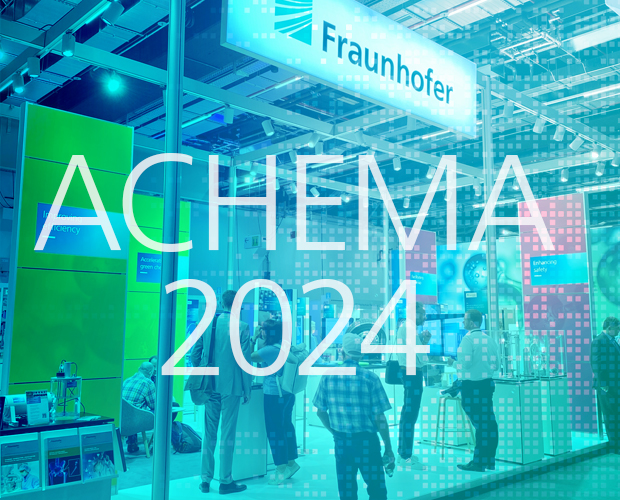High-performance elastomers and plasma polymer coatings to replace fluoropolymers in technical applications
Press Release Fraunhofer LBF / April 10, 2025
Users of poly- and perfluorinated alkyl compounds (PFAS), also known as "forever chemicals", are under pressure due to regulatory proposals from the European Chemicals Agency (ECHA). This also affects the use of fluoroelastomers, whose economic significance is enormous. Fraunhofer experts initiated the "HATE-Fluor" project at the beginning of February. Together, they want to develop high-performance elastomer compounds to replace fluoropolymers in certain technical applications. Various industries can benefit from this, including manufacturers of semi-finished and finished parts as well as companies in mechanical engineering industry, medical engineering, clean room and semiconductor technology, chemical process technology and electrical applications.








